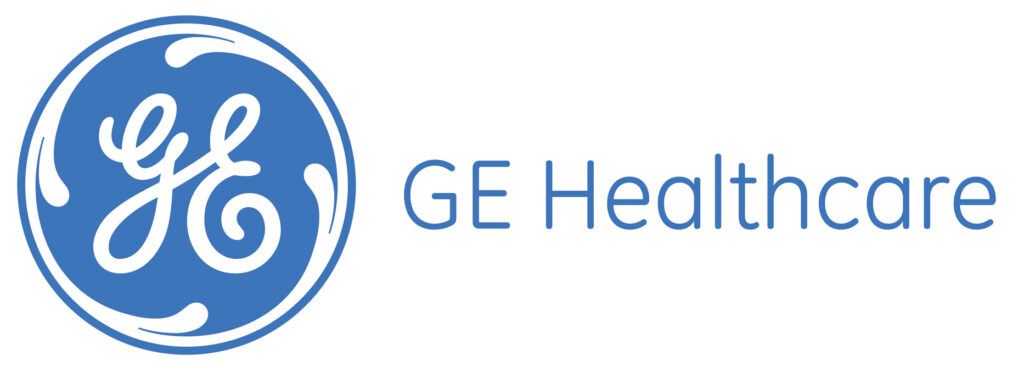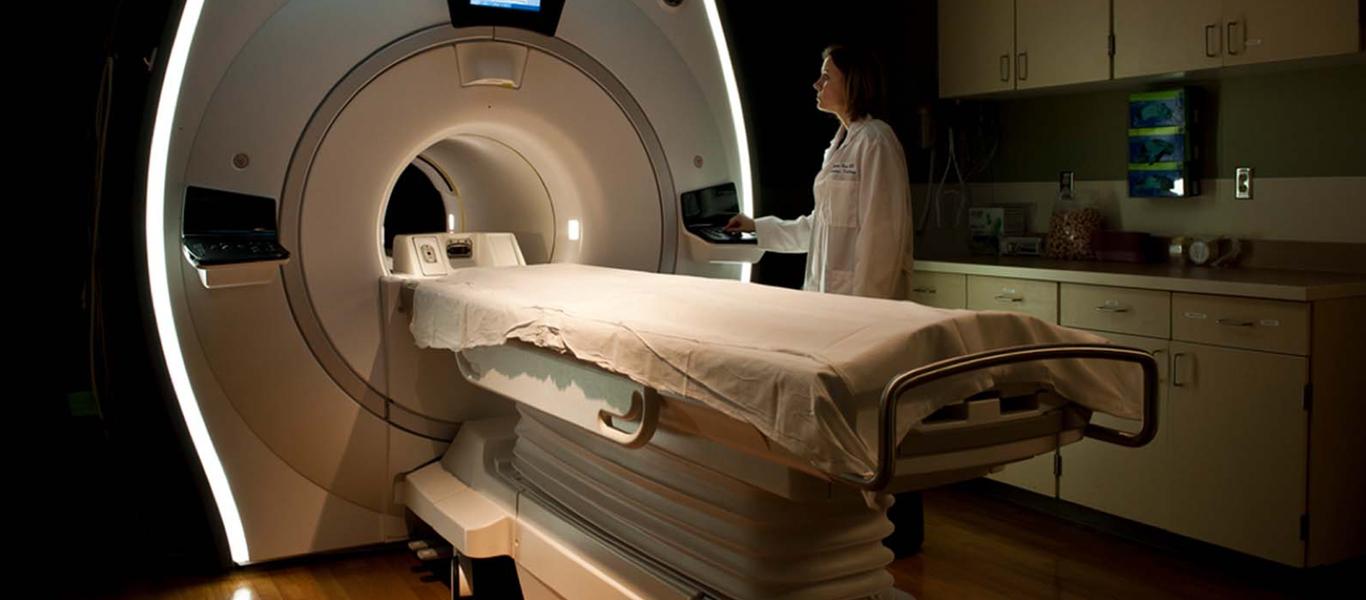We interviewed two committee members of Newcastle University’s Computing and Technology Society (NUCATS) to get some insight into what the society does and the different ways it can help you.
Who are you and what are each of your roles in the society?
Sofia: So, I’m Sofia and I’m president of NUCATS. I basically run our weekly meetings and sort of oversee most of what we do, and I just try to make sure everyone feels like they’re playing an equal role in running the society. So more of a motivator than a dictator, I’d say.
There was a sort of impromptu bar crawl that we went on this last week and people were coming up to me and asked me where we were going next, what’s the next thing that we’re doing? And I was like this isn’t my event, I’m just here for the ride because the social secs organised it. I trust them to be able to make the best decision because it is a social event.
Ben: And I’m Ben, I’m the gaming officer for the society. I perform a role similar to the social secretaries but with more focus on our gaming events. So recently we hosted Mario Sonic Olympics which was good fun.
What is your society in 10 words or less?
Sofia: Tech, gaming and social events for those interested in technology.
Ben: NUCATS is the way to explore the social side of computing. That might be eleven words.
What do you do in your society?
Sofia: We see ourselves as the social side of the technology community at Newcastle University. We aim to create a sense of belonging for those who study computing and other similar courses or are just interested in tech. We try to make it easier for students to make friends with like-minded people and make memories outside of just attending lectures. We also hope to empower students by bringing in industry sponsors and hosting events that could help with employability.
Ben: We run series of tech, gaming and social events as a way to bring people with similar interests together and do things such as boost their CV or just meeting people to have good times at university.
What do you want to do when you finish university?
Sofia: I already know what I’m going to be doing. I’ve got a graduate job starting in September where I’ll be a cloud solution architect for Microsoft.
I’ll be starting my graduate job in September 2023. I’m so grateful for the opportunity to work on projects where I can make a difference in the impact an organization is able to make on the world. So, kind of like an enabler for the company to be able to do more, if that makes sense.
But I also look forward to being able to work on passion projects within Microsoft. My main focus will probably be on encouraging more girls and children of color as well as people from low-income backgrounds to pursue the tech industry.
Ben: My aim after university is to possibly join the games industry as a developer because I have a real fascination with being able to point at something and say that was me. I want to put my name to something and as someone. With very little artistic talent or musical talent, the games industry seems a good place for me to do that.
What makes your society different from something like Cyber Soc? And is there a rivalry?
Sofia: Everybody says that. No, there isn’t a rivalry. I like to think of it as like cousins. Maybe we’re the older cousin than they are, but it’s that sort of relationship. So yeah, we get this question a lot. Cyber Soc is a great Society that supported us so much over the past few years. I’d say the main difference between us and Cyber Soc are that they’re building a community of students with an interest in cybersecurity and learning to hack in an ethical environment, while we are building a more broad all-encompassing computing and technology society. So we have events that not only cover cyber security, but we also have game design, employability skills, programming skills, etc.
Ben: Cyber Soc essentially is just a more niche subsection of NUCATS but let’s face it, they’re a great society too. And we do a lot of events in collaboration with them, so we have a good working relationship.
Do you have any corporate sponsors, and if so, what do they help you do?
Sofia: We do, sort of. So recently we’ve put on events sponsored by BA Systems and Accenture, and we’ve got some more planned for later on through the year. The way we’re kind of doing at the moment is a sponsor will sponsor event rather than sponsoring the entire year. So at least they can kind of pick and choose what they do. So that’s been our approach so far. Maybe we’ll eventually get someone who’s just like “actually we just want to fund your entire year”. But until that happens at the moment it’s just an event-by-event basis.
How do you think NUCATS, either as committee or as a member, will help you get a job?
Sofia: Well, I think from the more committee standpoint because I have been on the committee before, it already has helped me get a job. So, during interviews I had many questions where I could pull from experiences that I had as a committee member. Interviewers really love to see when students play an active role in the community, so being on the committee or being a member of the society is a great way to show that.
Ben: For me it’s more that it just helps me be more outgoing. So in my first year of university, I had not so much of an issue, but a lot more time struggle to go out and speak to new people and make new friends, whereas the committee and being just a part of the society in general, it’s a really great way for me to meet new people and have to interact in ways that I typically wouldn’t. It is just valuable experience to get for going to the world of work.
What three things do you think your society brings to help improve employability?
Sofia:
- Opportunities to build skills
we hold several events where students can build on skills in a fun way, such as hackathons, game jams, workshops, that sort of thing. All of these can be put on a CV and spoken about in interviews, which is super super valuable.
- Opportunities to speak to employers
Our sponsors are normally companies that are actively looking to hire students or graduates, so at our events they’re always happy to answer questions and tell you more about the opportunities. that they have.
- Opportunities to get involved.
One of the ways that students can make their CV’s stand out is by showing how they actively participate in the technical community? So, by being on committee, participating in events, etc., you gain experiences that you could talk about in interviews.
Ben: I don’t have three additional fees for that, but I’ll reiterate my previous work of the social aspect of work is incredibly important, and the society really helps people come out of their shells and interact. and I found on my placement year that just being able to interact with people in a different setting that you might be uncomfortable with, is a really useful skill,
Sofia: I think it’s a skill that a lot of computing students generally lack, so yeah, being in the society is such a great way to get more comfortable with that.
Have you any events coming up?
Ben: We’re planning before the end of this term a Christmas quiz, followed likely by a bar crawl. And as the gaming officer I will have to plug, we have a series of gaming events coming up. Some would be online some would be in person, so we’ll do the likes of Jackbox, Among Ss online and in person WII Sports and Gang Beast.
What’s your policy on people outside of the School of Computing joining?
Sofia: There’s no policy on anyone outside of the computing joining. We want everyone who has an appreciation or interest in technology to join because over my past year working in industry, all of my friends were so interested in tech and wanted to stay in the tech industry. But only maybe one or two of them did computing everyone else did like business or history or HR or things like that so anyone can have an interest in technology regardless of what they study. And we are so so welcoming to anyone.
Ben: I’d like to add value for money. It’s got to be one of the best societies so you can join in terms of only just the pizza you can get its exceptional value for money.
Sofia: Pizza in Python event, you get free pizza I think we’re also going to be bringing beers, wines, soft drinks. All that would be free if you attended the event.
Ben: Definitely worth joining if you have any interest in technology whatsoever.
Sofia: Yeah, yeah, it’s almost like you’re doing yourself a disservice if you don’t join, because the community you are able to build and the people you can ask for advice and for help. It just opens you up to this massive group of people who have done computing who’ve gotten all these experiences in their lives. It’s great.
We’re always happy to have new members. I think we’re one of the biggest societies, but we handle it well. There’s such a big variety of events and types of people you can meet, and everyone has really amazing interests. It’s a great place to meet people virtually and in person.




:quality(90)/)